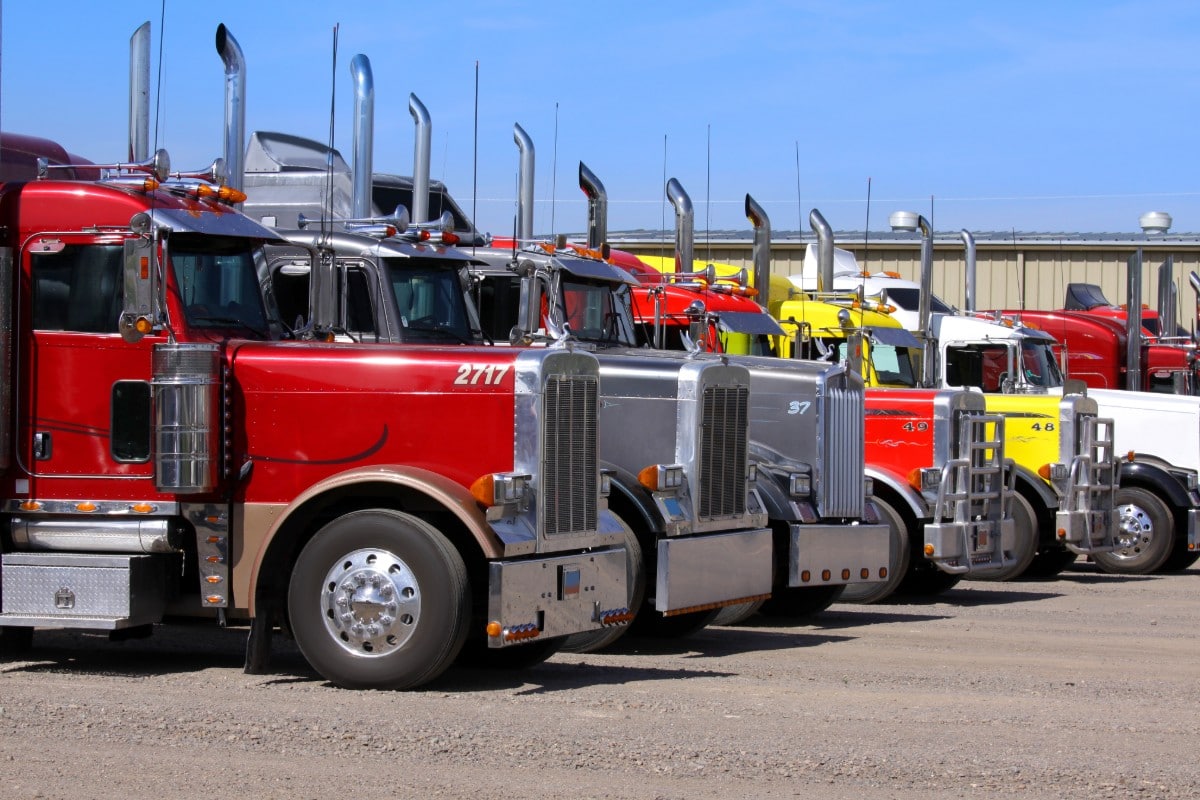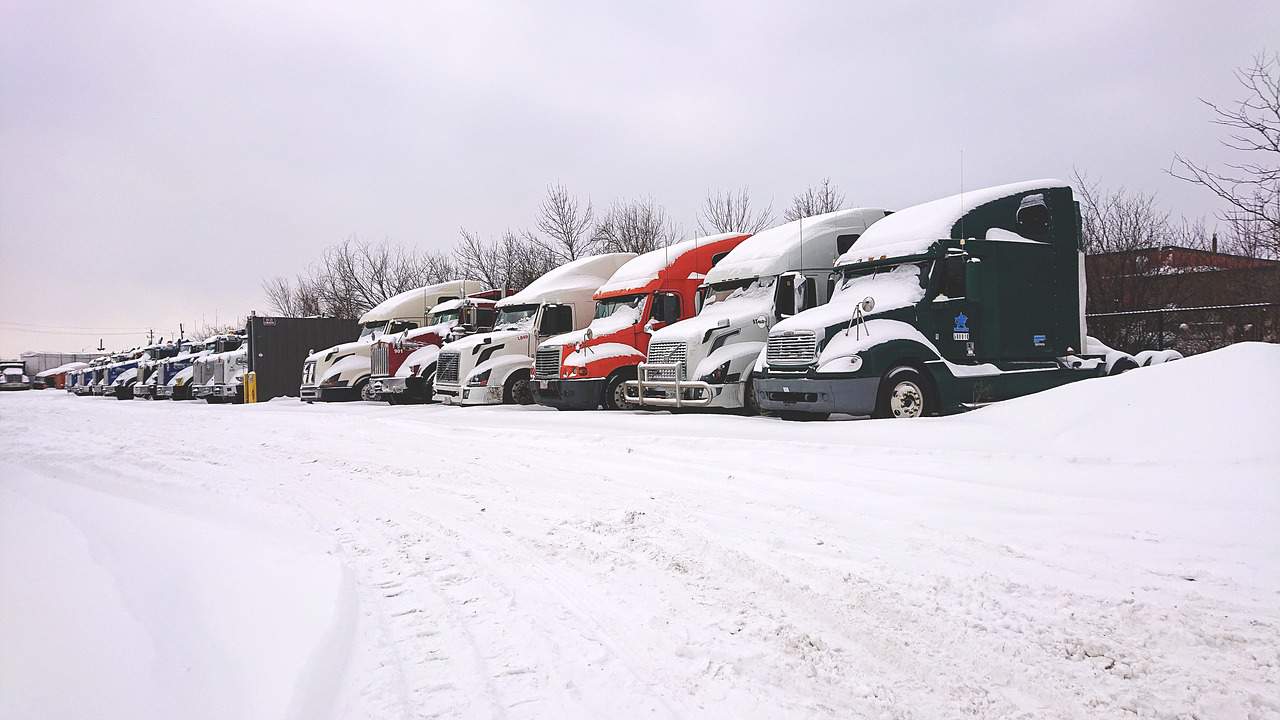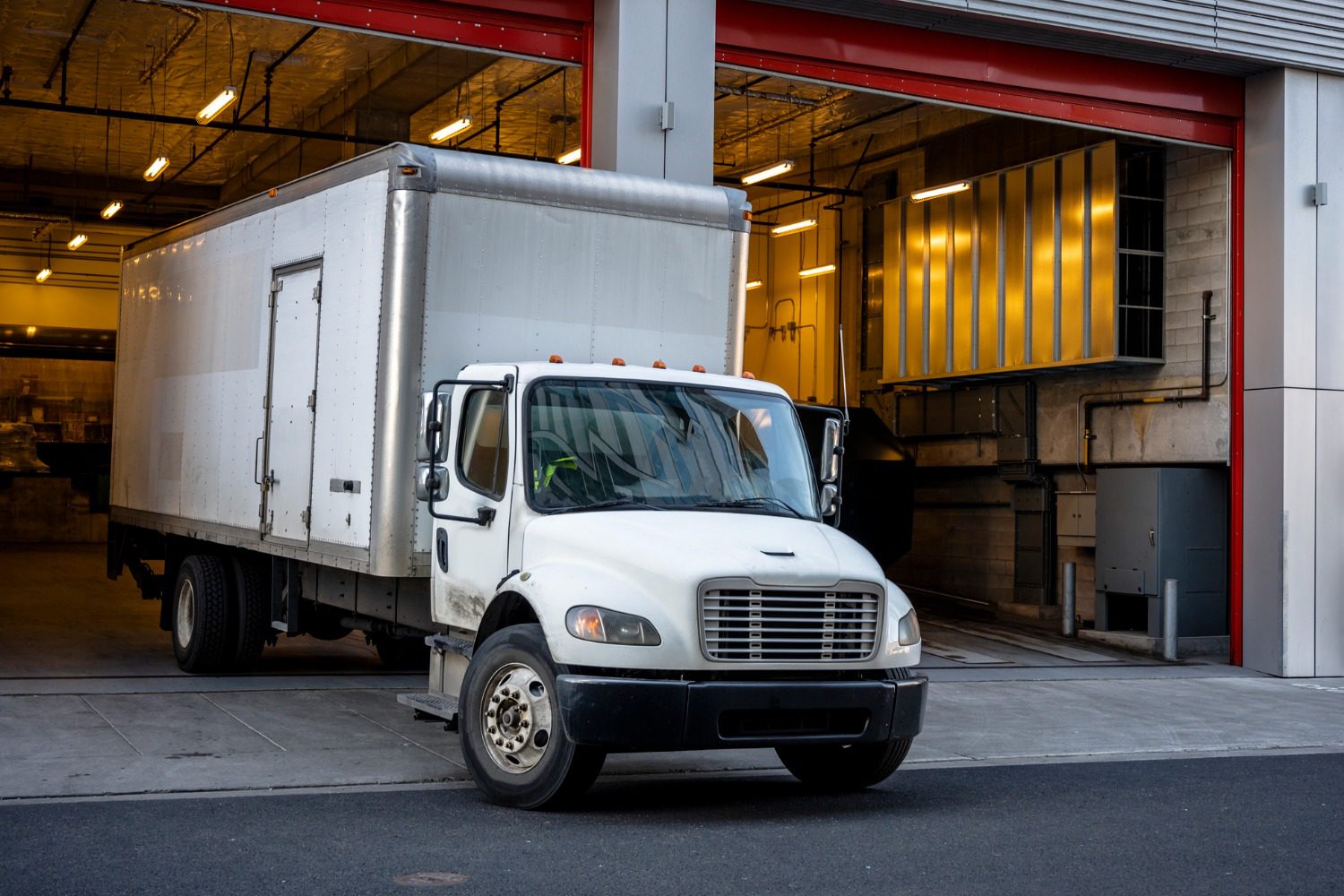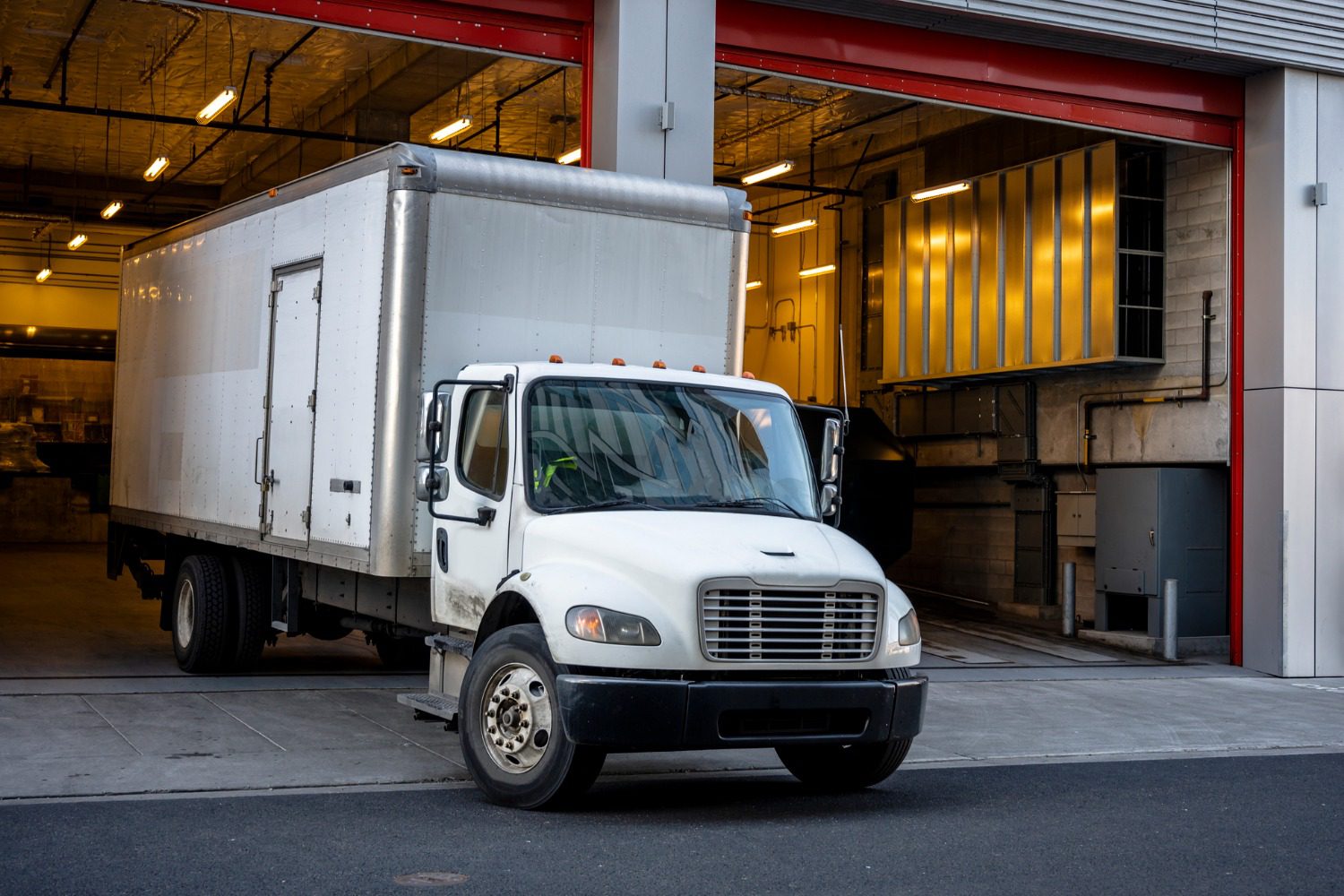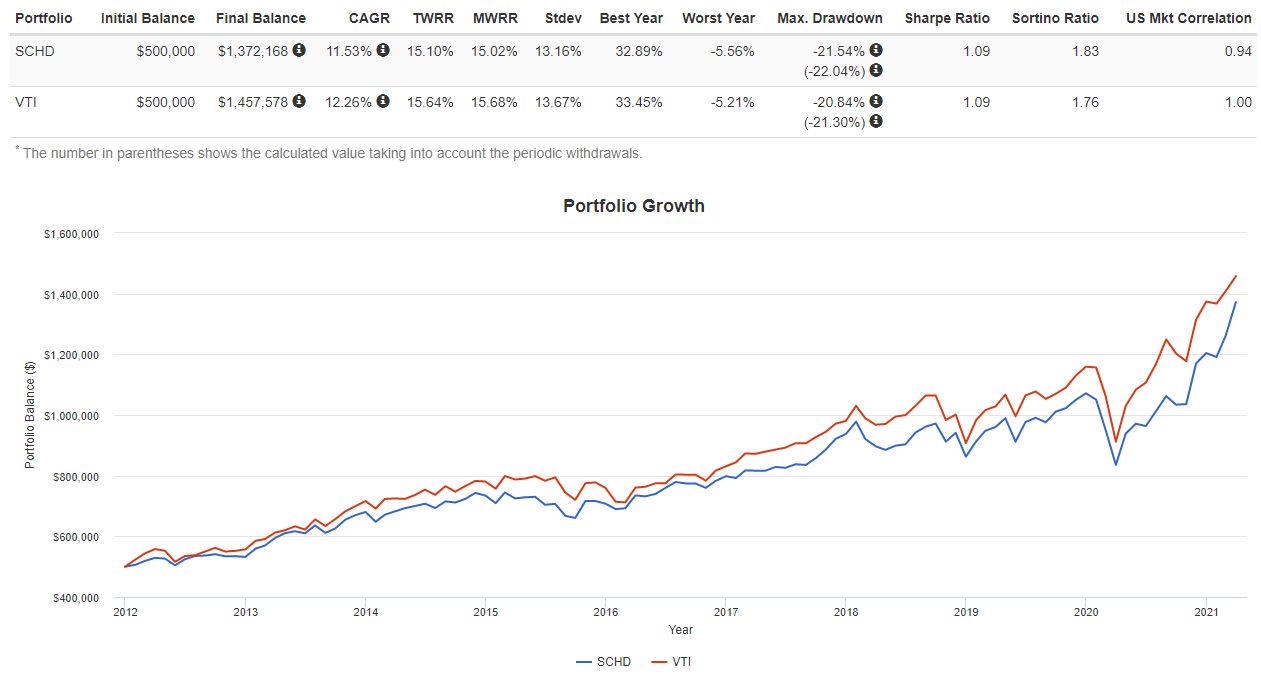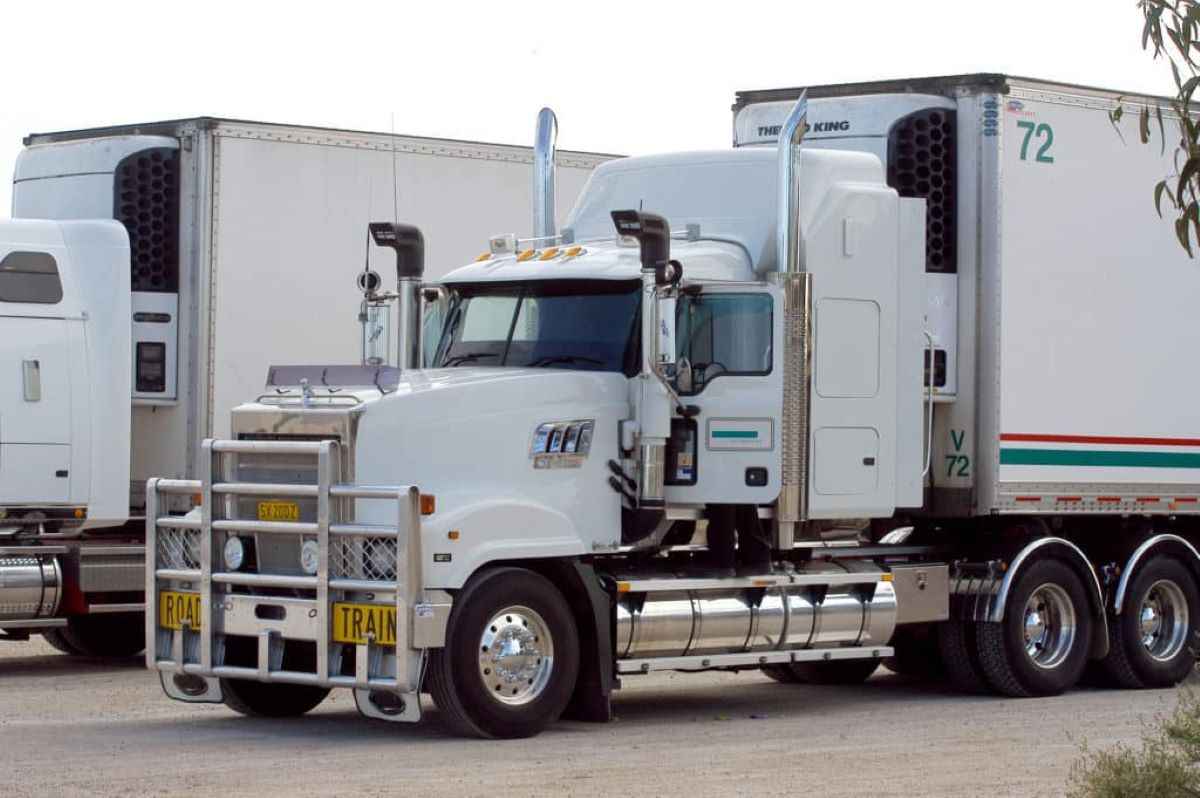

Finance
How Much Is Insurance For Semi Truck
Modified: February 21, 2024
Looking to finance your semi truck? Find out how much insurance costs for a semi truck and get the coverage you need.
(Many of the links in this article redirect to a specific reviewed product. Your purchase of these products through affiliate links helps to generate commission for LiveWell, at no extra cost. Learn more)
Table of Contents
Introduction
When it comes to insuring a semi truck, understanding the factors that influence insurance costs and the types of coverage available is crucial. From liability coverage to physical damage protection, a comprehensive insurance policy is vital for the financial security of trucking businesses.
Insuring a semi truck involves more complexities compared to regular vehicle insurance due to the unique nature of these commercial vehicles. Owners and operators need to consider various factors, such as the size and type of the truck, the cargo being transported, the driving records of the operators, and the business’s overall risk profile.
In this article, we will explore the factors that affect insurance costs for semi trucks, the different types of insurance coverage available, and the average costs associated with insuring these vehicles. We will also provide some practical tips on how to save money on insurance premiums without compromising on essential coverage. Finally, we will highlight the importance of having proper insurance protection to safeguard your business against unforeseen events and potential financial repercussions.
Whether you are an independent owner-operator or a business owner with a fleet of semi trucks, this article will equip you with the necessary knowledge to make informed decisions regarding insurance coverage for your vehicles.
Factors that Affect Insurance Cost for Semi Trucks
Several factors influence the cost of insurance for semi trucks. Insurers assess these factors to determine the level of risk associated with providing coverage. The higher the risk, the higher the insurance premiums are likely to be. Here are some key factors that insurance companies consider:
- Driving Record: The driving history of the truck operator plays a significant role in determining insurance costs. A clean driving record with no accidents or traffic violations demonstrates responsible driving behavior, potentially resulting in lower premiums. On the other hand, a history of accidents, violations, or license suspensions can raise insurance rates.
- Experience and Qualifications: The experience and qualifications of the truck operator are also vital factors. Drivers with many years of experience and proper training are generally considered lower risk, leading to more favorable insurance rates.
- Coverage Limits: The level of coverage you choose for your semi truck affects insurance costs. Higher coverage limits translate to higher premiums. It’s essential to strike a balance between adequate coverage and affordability.
- Type of Cargo: The type of cargo being transported by the semi truck plays a role in determining insurance costs. Hazardous materials or high-value cargo may lead to higher premiums due to increased risk.
- Geographical Area: Insurance premiums can vary based on the region where the semi truck operates. Areas with higher traffic congestion, crime rates, or accident rates may result in higher insurance costs.
- Vehicle Value and Age: The value and age of the semi truck are factors that impact insurance costs. Newer trucks generally have higher replacement values, which can lead to higher premiums. Additionally, older trucks may have higher maintenance and repair costs, which can also affect insurance pricing.
- Annual Mileage: The number of miles that a semi truck is driven each year affects insurance rates. Insurance companies consider higher mileage to be associated with increased risk, as it implies more time on the road and a higher chance of accidents.
- Loss History: If you have previously filed insurance claims for a semi truck, it can impact your future premiums. Insurance companies review the loss history to assess the likelihood of future claims.
It’s important to note that each insurance provider may weigh these factors differently and have their own underwriting guidelines. It’s advisable to shop around and compare quotes from different insurers to find the best coverage at a competitive price.
Types of Insurance Coverage for Semi Trucks
Insuring a semi truck requires specific types of coverage to protect against various risks and liabilities. Let’s explore the essential types of insurance coverage available for these commercial vehicles:
- Liability Insurance: Liability insurance is a fundamental requirement for semi trucks. It provides coverage for bodily injury and property damage that you may cause to others in an accident. This coverage is essential for protecting your business from potential lawsuits and financial liabilities.
- Physical Damage Coverage: Physical damage coverage protects your semi truck against losses resulting from accidents, theft, vandalism, or natural disasters. It typically includes both collision coverage, which pays for damages in a collision, and comprehensive coverage, which covers damages from non-collision incidents like fire, theft, or storms.
- Cargo Insurance: Cargo insurance is specifically designed to protect the goods being transported by the semi truck. It provides coverage in the event of cargo damage, theft, or loss. The level of coverage needed may vary depending on the type and value of the cargo.
- Uninsured/Underinsured Motorist Coverage: This coverage protects you and your semi truck in the event of an accident caused by another party who does not have insurance or has inadequate insurance. It helps cover medical expenses, vehicle repairs, and other damages that result from such accidents.
- Motor Truck Cargo Insurance: Motor truck cargo insurance specifically focuses on the cargo being transported. It provides coverage for damages or losses that occur during transit, including theft, spoilage, or accidents that result in cargo damage. This coverage is particularly important for trucking businesses that handle specialized or high-value cargo.
- Bobtail Insurance: Bobtail insurance provides coverage for semi trucks when they are being operated without a trailer, such as when the truck is traveling to or from a job. It protects against liability claims that may arise during these times and is commonly used by owner-operators.
- Trailer Interchange Insurance: Trailer interchange insurance is necessary when a trailer is being borrowed or leased and used in conjunction with your semi truck. It provides coverage for any damages to the borrowed or leased trailer and typically includes liability protection as well.
It’s important to work closely with your insurance provider to determine the appropriate coverage levels based on the unique needs of your semi truck operations. Customizing your insurance policy will ensure that you have comprehensive protection against potential risks and liabilities.
Average Costs of Insurance for Semi Trucks
The cost of insurance for semi trucks can vary significantly depending on several factors. These factors include the driver’s record, the type of coverage needed, the value and age of the truck, and the overall risk profile of the business. While it is challenging to provide an exact average cost for insurance, we can discuss some general ranges to give you an idea of what to expect.
For liability coverage alone, which is the minimum required coverage for semi trucks, the average annual cost can range from $5,000 to $12,000 per truck. This range can be even higher depending on factors such as the driving history, the cargo being transported, and the geographic location of the business.
When including additional coverage such as physical damage, cargo insurance, and other optional coverages, the annual cost can increase significantly. The cost of physical damage coverage can range from $2,000 to $8,000 per truck per year, depending on the value of the truck. Cargo insurance typically costs around 1-2% of the insured value of the cargo being transported.
It’s important to note that these figures are only estimates, and actual insurance costs can vary widely based on individual circumstances and specific insurance providers. To get an accurate cost for your semi truck insurance, it’s best to reach out to multiple insurance companies and request personalized quotes tailored to your specific needs.
Additionally, it’s worth mentioning that the size of your fleet can also impact insurance costs. Insuring a single truck might have a higher premium per vehicle compared to insuring a larger fleet, as insurance providers often offer volume discounts for multiple vehicles.
While the cost of insurance for semi trucks may seem significant, it’s crucial to remember that adequate insurance coverage is a necessary investment for protecting your business from potential financial losses. The price paid for insurance is a small price to pay compared to the potential expenses and liabilities that could arise from accidents, damages, or lawsuits.
By working closely with an experienced insurance agent who understands the needs of the trucking industry, you can find the right coverage at a competitive price, ensuring the financial security and peace of mind for your trucking business.
Ways to Save Money on Insurance for Semi Trucks
While insurance costs for semi trucks can be significant, there are several strategies you can implement to save money on your insurance premiums without compromising on essential coverage. Here are some effective ways to reduce your insurance expenses:
- Shop Around and Compare Quotes: Don’t settle for the first insurance offer you receive. Take the time to shop around and request quotes from multiple insurance providers. Compare the coverage options and pricing to find the best deal that meets your needs.
- Focus on Risk Management: Insurance companies value proactive risk management practices. Implementing safety protocols, driver training programs, and regular vehicle maintenance can help reduce accidents and demonstrate your commitment to safety. This can potentially lead to lower insurance premiums.
- Consider Higher Deductibles: Choosing a higher deductible, the amount you pay out of pocket in the event of a claim, can lower your insurance premiums. However, it’s important to ensure you have sufficient funds available to cover the deductible if an accident occurs.
- Bundle Your Policies: If you have multiple insurance policies, such as auto, property, or general liability, consider bundling them with the same insurance provider. Many insurers offer multi-policy discounts, which can result in significant savings.
- Implement Telematics and Safety Technology: Installing telematics devices in your semi trucks can provide valuable data on driver behavior and vehicle performance. Insurers may offer discounts for utilizing telematics technology, as it promotes safer driving habits and risk reduction.
- Review and Update Your Coverage Regularly: As your business grows and changes, your insurance needs may evolve. Regularly review your coverage with your insurance provider to ensure you have the appropriate coverage for your current operations. Adjustments in coverage can help avoid overpaying or being underinsured.
- Maintain a Good Claims History: A track record of few or no insurance claims can make you eligible for lower premiums. Focus on safe driving practices and implement risk management strategies to maintain a good claims history, consequently reducing your insurance costs.
- Consider a Higher Security Level: Installing security features such as GPS tracking systems, immobilizers, and alarms on your semi trucks can reduce the risk of theft and vandalism. Insurance companies may offer discounts for vehicles equipped with advanced security measures.
- Consider Pay-As-You-Go Insurance: Pay-as-you-go insurance, also known as usage-based insurance, uses telematics data to determine premiums based on actual driving behavior and mileage. If your mileage fluctuates throughout the year, this type of insurance can offer significant cost savings.
Each insurance provider may have different discounts and cost-saving options available, so it’s important to discuss these with your agent or broker. By implementing these strategies and exploring all available options, you can effectively reduce your insurance costs while maintaining crucial coverage for your semi trucks.
Importance of Proper Insurance for Semi Trucks
Proper insurance coverage for semi trucks is an essential aspect of running a successful trucking business. It provides financial protection against various risks and liabilities that can arise during the course of operations. Here are some reasons why having adequate insurance is crucial for your semi trucks:
Financial Protection: Accidents, theft, and other unforeseen events can result in significant financial losses. Proper insurance coverage ensures that you have the financial protection needed to cover repair costs, medical expenses, legal fees, and potential liability claims. Without insurance, these expenses could have a devastating impact on your business’s financial stability.
Compliance with Legal Requirements: Semi trucks are subject to specific legal requirements for insurance coverage. Liability insurance is generally mandatory, and failure to comply with these requirements can result in fines, penalties, or even the suspension of your operating authority. By maintaining proper insurance coverage, you ensure compliance with legal obligations and protect your business from legal repercussions.
Protection against Liability Claims: As a semi truck owner or operator, you face potential liability for accidents caused by your vehicles. In the event of an accident, liability insurance provides coverage for bodily injury and property damage claims. Without proper insurance, you would be personally responsible for paying these claims, which can be financially devastating. Insurance coverage protects your business and personal assets from such liabilities.
Coverage for Cargo and Property: Cargo insurance is essential for protecting the goods being transported by your semi trucks. It provides compensation for damages, theft, or loss of cargo. Additionally, physical damage coverage protects your trucks from damages caused by accidents, theft, or natural disasters. Having these types of coverages ensures that your assets and the cargo you transport are protected from potential financial loss.
Business Continuity: In the event of an accident or damage to your trucks, proper insurance coverage ensures that you can quickly recover and get back on the road. The financial support provided by insurance can help cover the costs of repairs or replacement, allowing you to resume operations and minimize downtime. This is crucial for maintaining business continuity and avoiding potential revenue losses.
Peace of Mind: Having proper insurance coverage for your semi trucks gives you peace of mind, knowing that you are protected against unexpected events and potential financial risks. It allows you to focus on your core business operations, knowing that you have taken the necessary steps to safeguard your assets and mitigate potential liabilities.
Overall, proper insurance coverage for semi trucks is not just a legal requirement but also a vital investment for the stability and protection of your trucking business. By securing the right insurance policies, you can ensure financial security, compliance with legal obligations, and peace of mind, enabling you to operate your business with confidence.
Conclusion
Insuring your semi trucks is a critical aspect of safeguarding your trucking business. Understanding the factors that affect insurance costs, the types of coverage available, and how to save money on premiums is crucial for finding the right insurance solution for your needs.
Factors such as driving records, experience, coverage limits, cargo type, geographical area, vehicle value, and annual mileage all contribute to determining insurance costs. It’s important to work closely with insurance providers to find the right coverage at a price that fits your budget.
Insurance coverage options for semi trucks include liability insurance, physical damage coverage, cargo insurance, uninsured/underinsured motorist coverage, motor truck cargo insurance, bobtail insurance, and trailer interchange insurance. Understanding these options allows you to tailor your coverage to mitigate risks specific to your trucking business.
Although insurance costs can be significant, there are various strategies to save money. These include shopping around for quotes, focusing on risk management, considering higher deductibles, bundling policies, implementing telematics and safety technology, reviewing and updating coverage regularly, maintaining a good claims history, considering higher security measures, and exploring pay-as-you-go insurance options.
Proper insurance coverage is vital for the financial protection and legal compliance of your trucking business. It safeguards against potential financial losses resulting from accidents, theft, liability claims, or damage to your semi trucks and cargo. By securing the right insurance policies, you ensure business continuity, peace of mind, and the ability to operate your business with confidence.
In conclusion, as a trucking business owner or operator, investing in comprehensive insurance coverage for your semi trucks is a wise decision. By understanding the factors that influence insurance costs, the available coverage options, and the importance of adequate insurance, you can make informed choices that protect your business, assets, and peace of mind.




